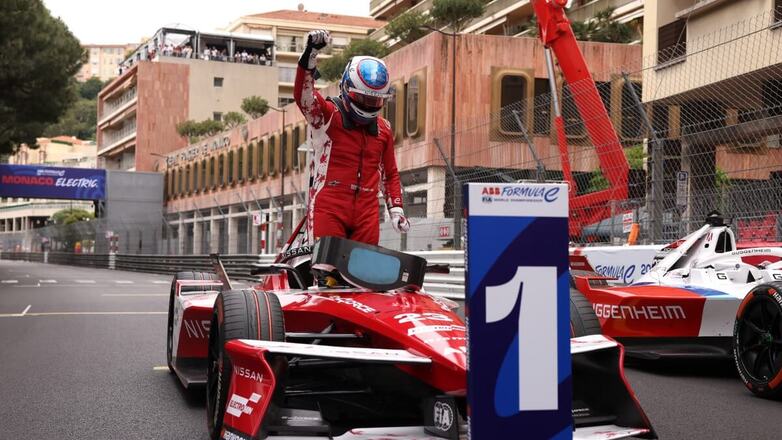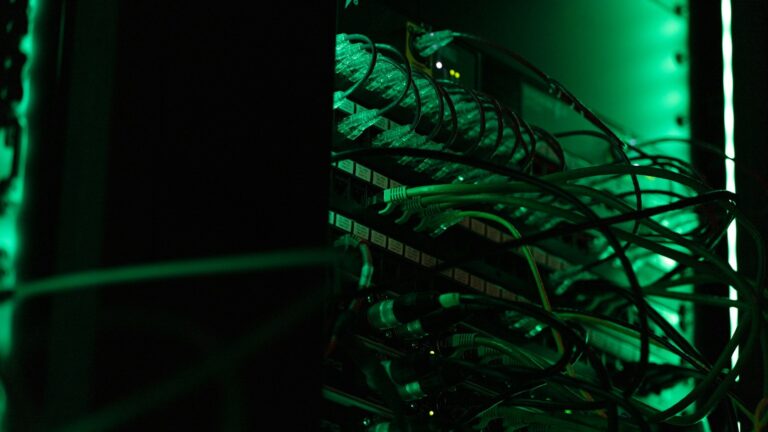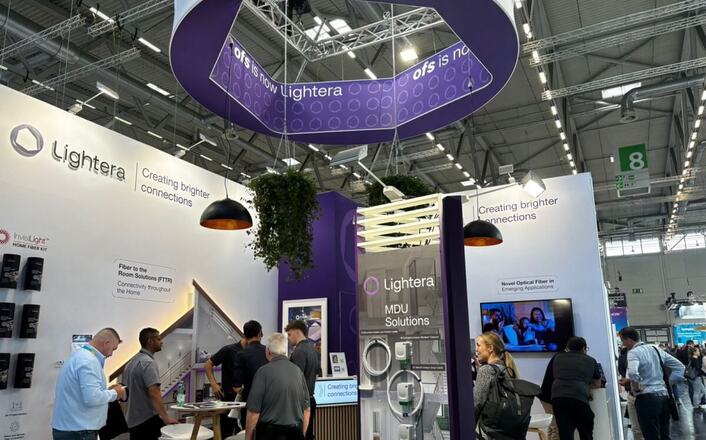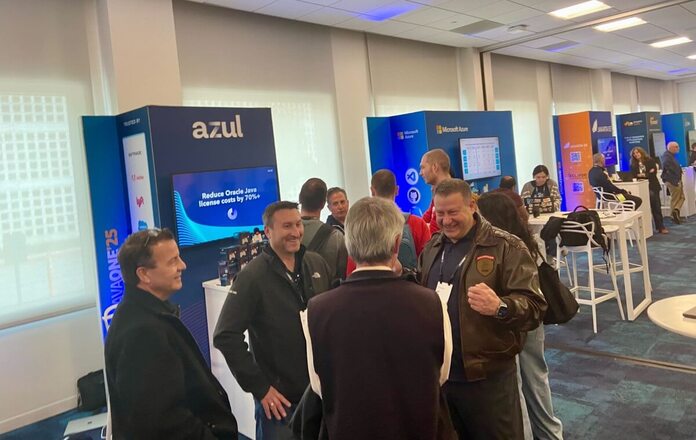
In a striking demonstration of energy efficiency and AI capabilities, Formula E has successfully charged its GENBETA prototype race car solely through regenerative braking during a dramatic descent of over 1,000 vertical meters on the Col de Braus mountain road in southeastern France. The recovered energy was sufficient to power the car for a full lap around the prestigious Circuit de Monaco.
The feat, dubbed “Mountain Recharge,” was achieved through a collaboration between Formula E and Google Cloud, which leveraged its AI tools to optimize the regenerative process. The initiative exemplifies how cutting-edge technology can be applied not just for competitive racing, but also to advance broader sustainability goals within transportation and mobility sectors.
During the test, the GENBETA car – piloted by Formula E Test Driver James Rossiter – began the descent with just enough energy to power its systems. Utilizing only gravity and highly efficient regenerative braking, the car was able to generate between 1.6 and 2.0 kilowatt-hours (kWh) of energy, equivalent to the amount required to complete a 3.337-kilometer lap of the Monaco circuit. To put that into perspective, it’s the same amount of energy needed to fully charge more than 60 Google Pixel 9 Pro XL smartphones.
This achievement highlights Formula E’s commitment to energy innovation. In a typical race, “up to 40%” of the energy used by Formula E vehicles is recovered through braking. The “Mountain Recharge” project serves as a tangible example of how regenerative braking, supported by intelligent data analytics and AI modeling, can be harnessed in real-world conditions.
Google Cloud’s BigQuery Platform
To enable this run, Formula E utilized a suite of Google Cloud technologies to analyze the viability of the route, optimize performance, and ensure safety. Google AI Studio and the Gemini API were employed to simulate and analyze multiple descent scenarios. These tools helped determine optimal braking zones, assess the influence of gravity, calculate speed-to-weight ratios, and refine the ideal descent path – all critical to maximizing energy recovery.
Google Cloud’s BigQuery platform was used to collect and analyze real-time telemetry from the vehicle during the descent. This data was then visualized for race engineers through a custom dashboard developed with Firebase, allowing real-time monitoring on Chromebooks and Pixel smartphones.
Additionally, NotebookLM, Google’s AI-powered research and documentation assistant, was deployed throughout the project to consolidate technical specifications, logistical data, and communications between engineering teams from both Google Cloud and Formula E. This ensured seamless collaboration and quick decision-making throughout the project’s lifecycle.
Alex Aidan, Vice President of Marketing at Formula E, emphasized the broader implications of the initiative. “This case study demonstrates how high-efficiency regeneration and cloud-based AI may transform our understanding of mobility, energy optimization, and sustainability. It’s not simply another eye-catching racing tale. Whether it’s dynamic routing for delivery fleets or smart city energy management, the real-world applications of this technology are far-reaching.”
Formula E’s Identity as a Technology-First Racing Series
Mr. Aidan added that the project reinforces Formula E’s identity as a technology-first racing series, where innovation is tested under extreme conditions. “We’re all about pushing the envelope and doing something that people have never thought possible at Formula E and with the GENBETA project,” he noted.
Guillaume Roques, Senior Director of EMEA Marketing at Google Cloud, echoed these sentiments. “Google Cloud thrives on helping partners solve unique challenges with data and AI, and the ‘Mountain Recharge’ project is a fantastic demonstration of how AI can tackle complex, real-world challenges,” he said. “Our technology allowed us to accurately determine the regeneration potential and analyze the complex physics of the descent. This isn’t only about race cars – it’s about translating data into actionable insights that drive sustainability and operational efficiency across industries.”
Produced in collaboration with Red Bull Media House, the “Mountain Recharge” initiative is not just a bold showcase of what’s possible in electric motorsports – it’s a blueprint for how cloud and AI technologies can contribute to the development of smarter, greener mobility systems on a global scale.





